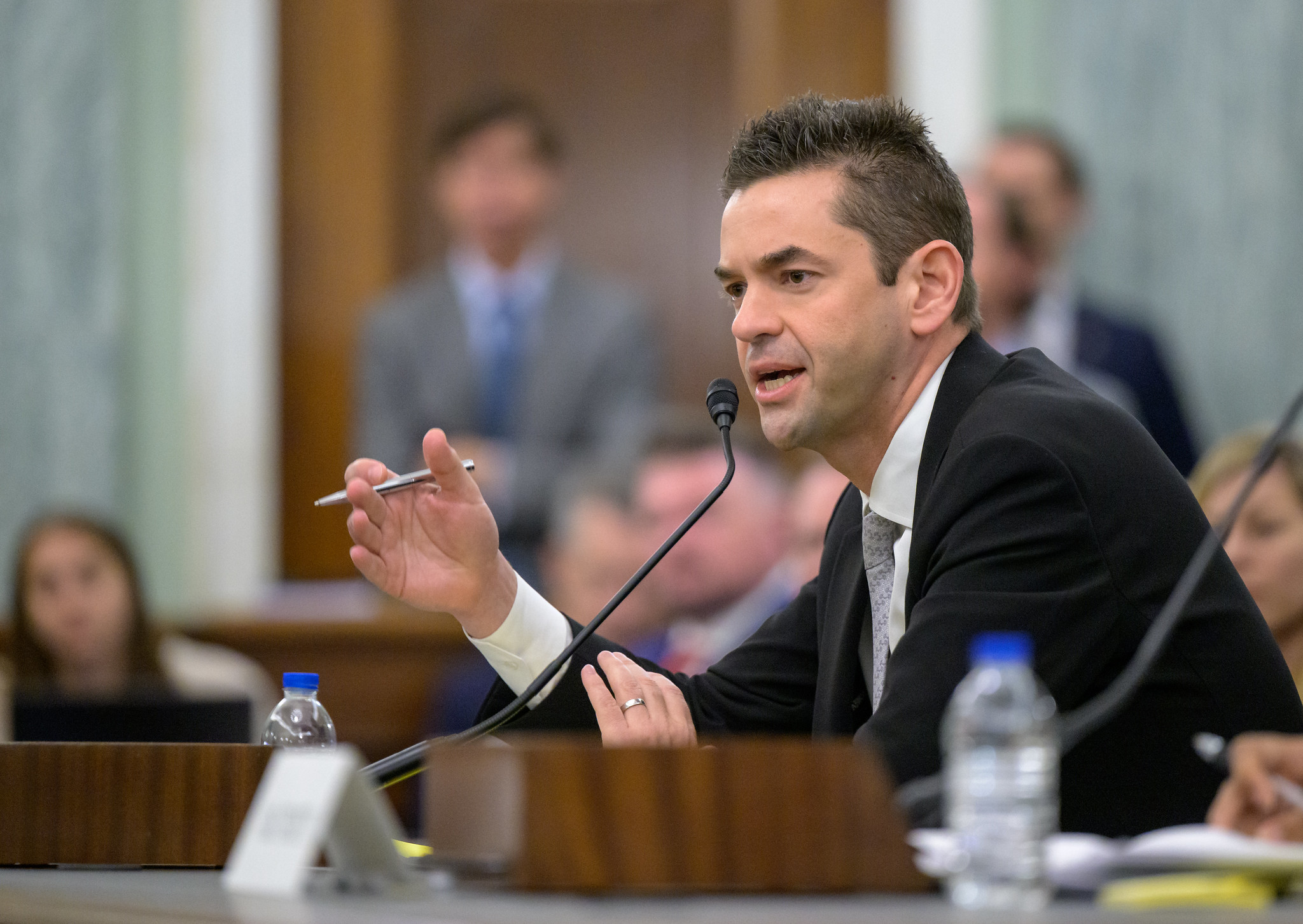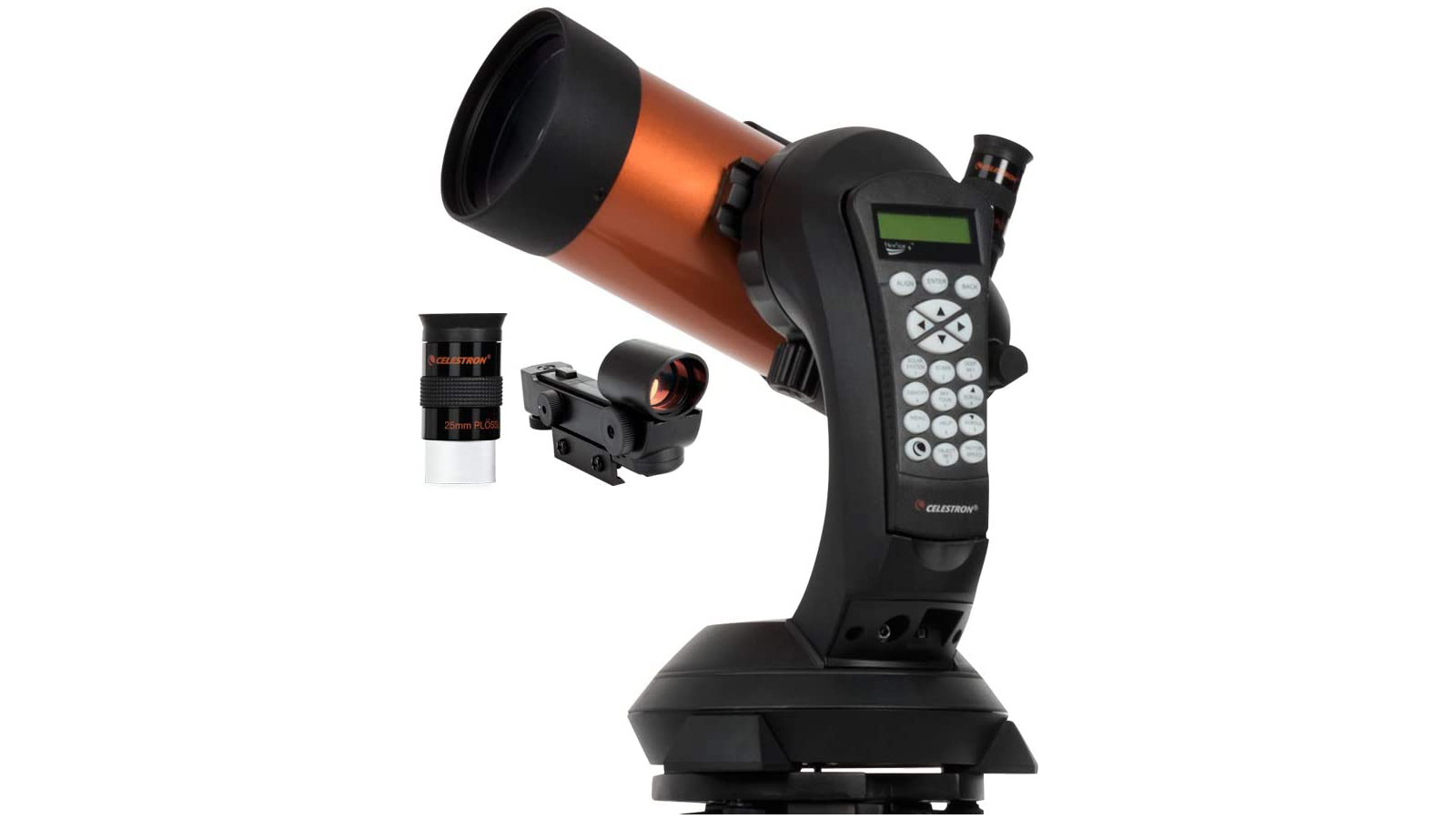Now Reading: Isaacman renomination wins support from much of the space industry
-
01
Isaacman renomination wins support from much of the space industry
Isaacman renomination wins support from much of the space industry


ORLANDO, Fla. — The renomination of Jared Isaacman to be NASA administrator has been welcomed by much of the space industry, even as Isaacman defends positions he took in a policy manifesto.
Speakers and attendees at the Economist Space Summit here Nov. 5 praised the announcement a day earlier by President Donald Trump that he would again nominate Isaacman to lead NASA, more than five months after withdrawing his original nomination.
“I’m thrilled for Jared and for NASA and the country,” said Andy Lapsa, chief executive of launch vehicle startup Stoke Space, during a fireside chat at the conference. “I think it’s a great nomination.”
“It’s important for our national space program to have clear direction and a concrete future, and I think Jared brings that,” he added. “So, I’m very excited.”
“We got some really great news last night,” said Greg Autry, associate provost for space commercialization and strategy at the University of Central Florida, referring to Isaacman’s renomination in remarks opening the conference.
The move could also benefit Autry, who was nominated in March to be NASA’s chief financial officer. That nomination, as well as that of Matt Anderson to be NASA’s deputy administrator, announced in May, has yet to advance in the Senate.
“I look forward to working with him soon in D.C.,” Autry said of Isaacman.
The timeline for those nominations remains uncertain. As of Nov. 5, the White House had not yet formally transmitted Isaacman’s new nomination to the Senate, according to Congress.gov. His original nomination was withdrawn June 2.
Isaacman will likely have another confirmation hearing, where lawmakers are expected to question him about a policy document outlining his vision for reshaping NASA.
The 62-page “Project Athena” document was circulated recently on Capitol Hill and first reported by Ars Technica and Politico. It included proposals ranging from ending the Space Launch System (SLS) program to expanding the use of commercial data for science missions and restructuring parts of the agency.
Isaacman confirmed in a nearly 1,500-word Nov. 4 social media post that the document was his. He said a single copy was provided to one unnamed party in mid-August, about two and a half months after his nomination was withdrawn. The 62-page version was excerpted from a larger, 100-page report drafted while his original nomination was pending in the Senate.
“Personally, I think the ‘why’ behind the timing of this document circulating — and the spin being given to reporters — is the real story,” he wrote.
Isaacman said he stood by the document, calling it consistent with his April Senate testimony, but argued that parts of it had been misrepresented. “To be clear, the plan does not issue a directive to cancel Gateway or SLS. In fact, the word ‘Gateway’ is used only three times in the entire document,” he wrote.
Instead, he said, the document explored “the possibility of pivoting hardware and resources to a nuclear electric propulsion program after the objectives of the president’s budget are complete.” The administration’s 2026 budget proposal had called for canceling both Gateway and SLS after Artemis 3, though Congress later funded both programs in the July budget reconciliation bill.
The report had five main priorities that Isaacman described as “Reorganize and Empower,” “American Leadership in the High Ground of Space,” Solving the Orbital Economy,” “NASA as a Force Multiplier for Science” and “Investing in the Future.”
The section on science, he said, did include a discussion of data buys, but only for Earth observation missions, leveraging commercial satellite constellations operated by companies like BlackSky and Planet. “Why build bespoke satellites at greater cost and delay when you could pay for the data as needed from existing providers and repurpose the funds for more planetary science missions (as an example)?”
NASA does currently buy Earth observation data from commercial companies through the Commercial Satellite Data Acquisition program. Those purchases, though, are meant to augment data from more specialized NASA missions with advanced payloads not flown on commercial spacecraft.
Isaacman also rejected reports that the document targeted the Jet Propulsion Laboratory (JPL). “The report never even remotely suggested that America could ever do without the Jet Propulsion Laboratory,” he wrote. “Anything suggesting that I am anti-science or want to outsource that responsibility is simply untrue.”
“This plan never favored any one vendor, never recommended closing centers or directed the cancellation of programs before objectives were achieved,” he concluded. “It was written as a starting place to give NASA, international partners and the commercial sector the best chance for long-term success.”
There has been speculation that the Project Athena document was leaked to derail Isaacman’s renomination and extend Sean Duffy’s tenure as acting administrator. Isaacman said in his post that there was no “friction” between him and Duffy, though they may have different views on NASA’s future.
“We both believe deeply in American leadership in the high ground of space — though we may differ on how to achieve that goal and whether NASA should remain an independent agency,” Isaacman wrote, referring to claims that Duffy favored folding NASA into the Department of Transportation, which he leads.
If the leak was meant to block Isaacman’s return, it failed. Hours after Isaacman posted his defense of the document, Trump announced the renomination of Isaacman.
Stay Informed With the Latest & Most Important News
Previous Post
Next Post
-
 01Two Black Holes Observed Circling Each Other for the First Time
01Two Black Holes Observed Circling Each Other for the First Time -
 02From Polymerization-Enabled Folding and Assembly to Chemical Evolution: Key Processes for Emergence of Functional Polymers in the Origin of Life
02From Polymerization-Enabled Folding and Assembly to Chemical Evolution: Key Processes for Emergence of Functional Polymers in the Origin of Life -
 03Astronomy 101: From the Sun and Moon to Wormholes and Warp Drive, Key Theories, Discoveries, and Facts about the Universe (The Adams 101 Series)
03Astronomy 101: From the Sun and Moon to Wormholes and Warp Drive, Key Theories, Discoveries, and Facts about the Universe (The Adams 101 Series) -
 04True Anomaly hires former York Space executive as chief operating officer
04True Anomaly hires former York Space executive as chief operating officer -
 05Φsat-2 begins science phase for AI Earth images
05Φsat-2 begins science phase for AI Earth images -
 06Hurricane forecasters are losing 3 key satellites ahead of peak storm season − a meteorologist explains why it matters
06Hurricane forecasters are losing 3 key satellites ahead of peak storm season − a meteorologist explains why it matters -
 07Binary star systems are complex astronomical objects − a new AI approach could pin down their properties quickly
07Binary star systems are complex astronomical objects − a new AI approach could pin down their properties quickly




















